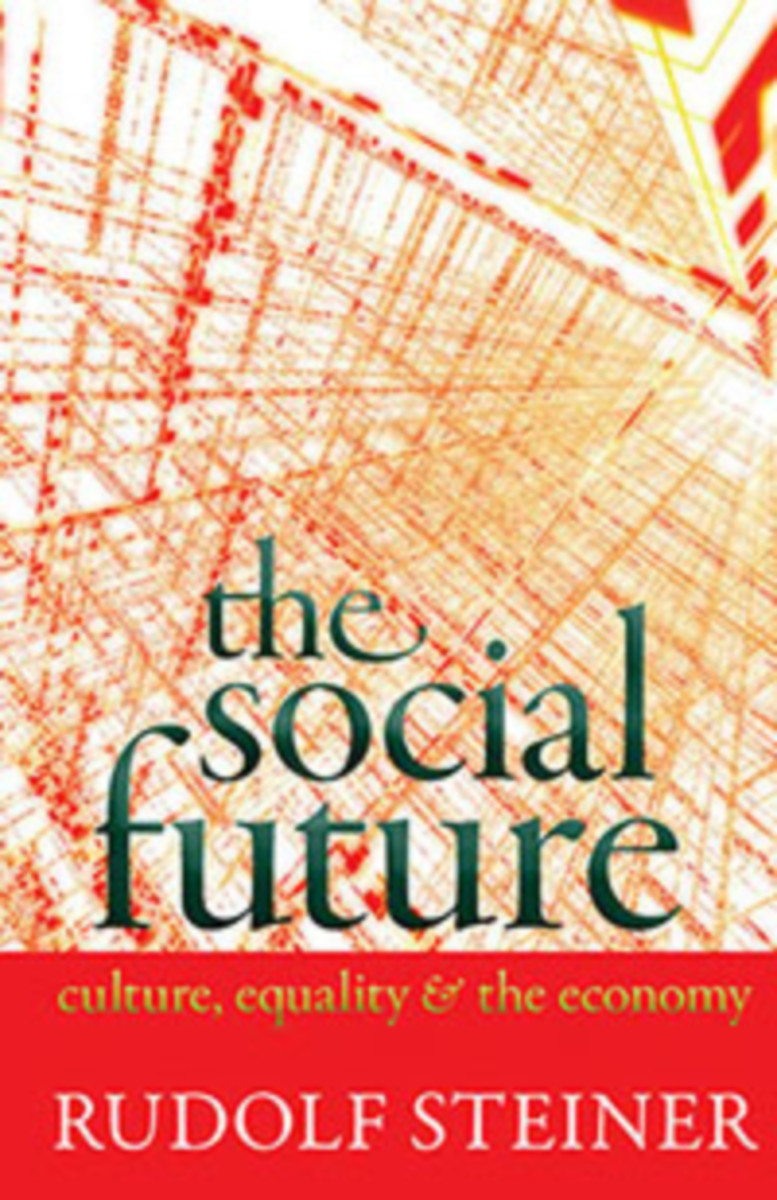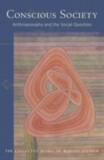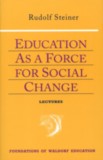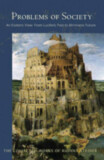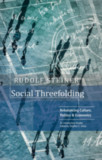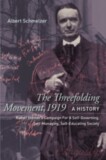The Social Future
Culture, Equality, and the Economy (CW 332a)
- Publisher
SteinerBooks - Published
21st June 2013 - ISBN 9781621480280
- Language English
- Pages 158 pp.
- Size 5.5" x 8.5"
6 public lectures in Zurich, October 24–30, 1919 (cw 332a)
In 1919, shortly after World War I, the structure of society and the economy, both in Germany and globally, became a primary concern for Rudolf Steiner. In addition to writing The Threefold Social Order, in which he presented his ideas for social renewal, Steiner also gave lecture courses on the topic that year, including:- Conscious Society: Anthroposophy and the Social Question (CW 189)
- Impulses of the Past and Future in Social Events (CW 190)
- Spiritual–Scientific Treatment of Social and Pedagogical Questions (CW 192)
- The Esoteric Aspect of the Social Question (CW 193)
- The Social Question (CW 328)
Also that year, Rudolf Steiner published his “Appeal to the German People and the Cultural World," which began: “Resting on secure foundations with the assurance of enduring for untold ages”—this is what the German people believed of their empire, founded half a century ago. Today, they can see only its ruins. Deep searching of the soul must follow from such an experience.
In The Social Future, Rudolf Steiner presents what he saw as the underlying social problems of his time and offers his approach to solutions for a more successful and equitable social future. What he has to say is remarkably suited to our time, almost a century later. His predictions have come to pass, yet few of his recommendations have been implemented on any large scale.
The Social Future is a translation from German of Soziale Zukunft (GA 332a), Rudolf Steiner Verlag, 1977.
C O N T E N T S:
1. The Social Question: Humanities, Law, and the Economy
2. Economic Organization on an Associative Basis
3. Legal Issues and Democracy
4. Spiritual Science, Education, and Social Art
5. Spirituality, Politics, Economics, and a Threefold Society
6. Nations, the Global Economy, and the Threefold Society
Bibliography
Rudolf Steiner
Rudolf Steiner (b. Rudolf Joseph Lorenz Steiner, 1861–1925) was born in the small village of Kraljevec, Austro-Hungarian Empire (now in Croatia), where he grew up. As a young man, he lived in Weimar and Berlin, where he became a well-published scientific, literary, and philosophical scholar, known especially for his work with Goethe’s scientific writings. Steiner termed his spiritual philosophy anthroposophy, meaning “wisdom of the human being.” As an exceptionally developed seer, he based his work on direct knowledge and perception of spiritual dimensions. He initiated a modern, universal “spiritual science” that is accessible to anyone willing to exercise clear and unbiased thinking. From his spiritual investigations, Steiner provided suggestions for the renewal of numerous activities, including education (general and for special needs), agriculture, medicine, economics, architecture, science, philosophy, Christianity, and the arts. There are currently thousands of schools, clinics, farms, and initiatives in other fields that involve practical work based on the principles Steiner developed. His many published works feature his research into the spiritual nature of human beings, the evolution of the world and humanity, and methods for personal development. He wrote some thirty books and delivered more than six thousand lectures throughout much of Europe. In 1924, Steiner founded the General Anthroposophical Society, which today has branches around the world.


